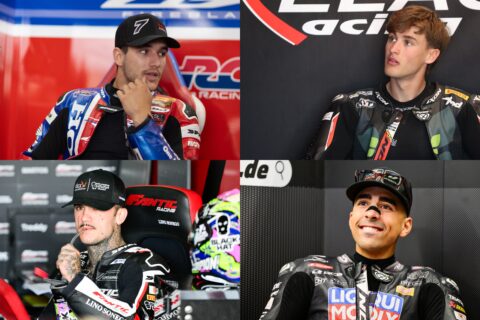After years of being bullied by the Japanese factories, MotoGP boss Carmelo Ezpeleta has had enough. He has decided that the future of the series does not lie in its ability to improve the technical sophistication of road bikes but to increase the size of the audiences watching it.
This is a huge about-turn. Since Spanish sports marketing company Dorna acquired the commercial rights to the world championships from the FIM some ten years ago and invented the brand MotoGP, there has been a cozy tripartite arrangement between Ezpeleta, the Japanese dominated Motorcycle Sport Manufacturers Association (MSMA) and the International Racing Teams Association (IRTA).
And it has worked well. Television audiences have increased massively and it is now in more countries than ever, particularly in the far East. This part of the world, free from the economic woes of the west, is where most motorbikes are sold and where MotoGP is most welcome. Whatever we think of other series, MotoGP is bigger than the rest of them put together. The viewing figures and a walk round the paddock confirm that.
But the last two years have been problematic. Money has been tighter, affecting sponsors, manufacturers, circuit owners and the punter. The result has been fewer teams on the grid and lack of the exciting racing which built audiences. And then, the Rossi/Ducati dream team, seen as a get out of jail free card, turned into a nightmare.
The critics, emerging from the woodwork, said all this should have been seen a long time earlier. They were probably right and Ezpeleta probably did but persuading the engineers at the MSMA that marketing was more important than engineering was a slow job. However, he did introduce Moto2 which, as it now turns out, is the forerunner of MotoGP in 2013.
Enough was enough. It had been a tough year for Ezpeleta. The financial pressures of running a business in which he has a large personal financial stake, alongside majority owners Bridgepoint, while negotiating with bankers who hold large amounts of debt in the business; the decline of his star turn, Rossi, due to injury and, dare we suggest it, age; the under-performance of Ducati (see Rossi); then the tragedy of Simoncelli; and to cap it all, his newly-crowned world champion blaming him for everything that (in Stoner's opinion) is wrong with the championship!
Backed, no doubt, by his co-owners and almost certainly by Mike Trimby, the boss of IRTA and a marketing man, Ezpeleta decided to take a stand. The CRT proposals for 2012 were merely the start of the revolution. Costs had to be reduced more drastically, a more level playing field had to be created and more teams had to be attracted.
So for 2013 and the next four years, the capacity will be 1000cc but revs will be limited to 16,000rpm and a standard electronic control unit will be introduced.
A lot of people won't like it, the manufacturers almost certainly. Some riders have already described it as "dumbing down." Among those is Stoner, who will not be on Ezpeleta's Christmas card list.
But MotoGP needs to see the world as it will be in a couple of years' time. Some time soon it will be for sale and prior to that it needs to be advancing not declining. Is this the right thing to do? Only time will tell. Risks have to be taken. The biggest risk would be to do nothing.
WHAT OF THE OTHERS?
One man who will have been watching the developments at MotoGP with more than passing interest is Paolo Flammini, boss of World Superbikes. It is likely that the lines to the FIM's HQ in Geneva would be running hot when news emerged from Valencia that prototypes were dead and the premier class would in future be production-based.
Where does that leave World Superbikes will be the question being asked by Flammini, at the same time instructing his lawyers to go through the FIM agreements yet again. The same question may also be raised with financial investors Bridgepoint which now own both series!
This story has some way to run.
LEAVING THE STAGE
Valencia was the scene of emotional tributes to Marco Simoncelli. It was also saw farewells to another couple of MotoGP giants, multi world champion Loris Capirossi and race director Paul Butler.
Capirossi bowed out after 327 races, 99 podiums, 29 wins and three world titles. One of the great Italian riders, he was also one of the most popular. Butler's career spanned Hailwood to Rossi; from Dunlop to Dorna through Yamaha and Kenny Roberts in managing their affairs. Giants indeed.


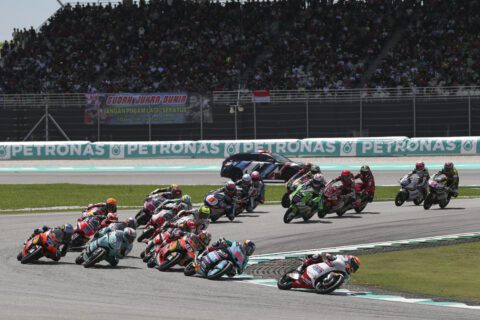
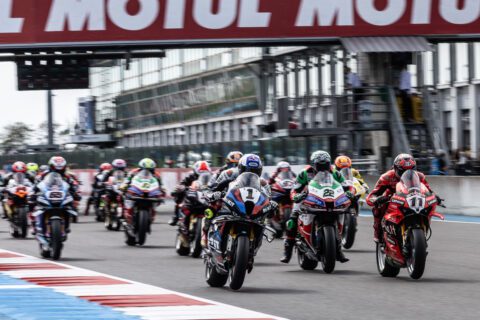
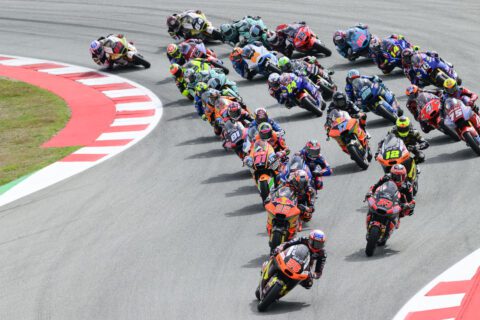
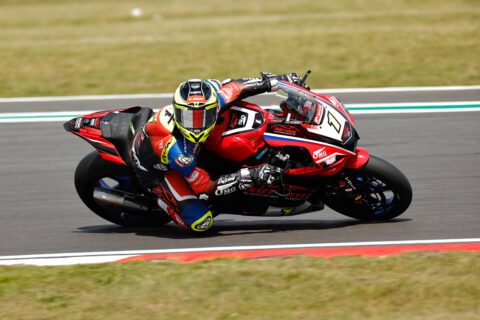
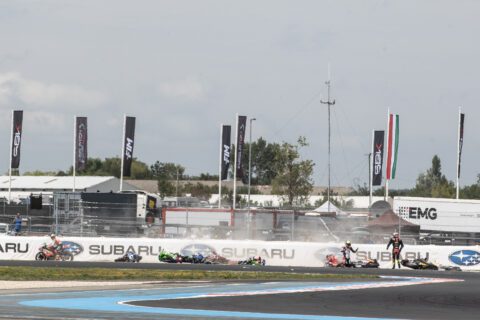
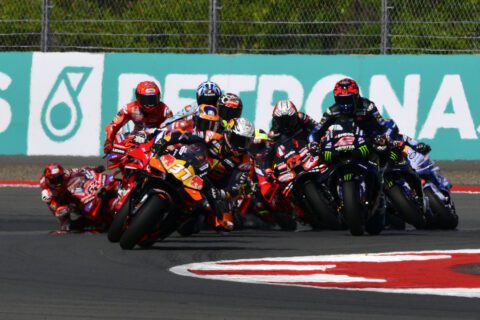
![Shane Byrne, Monstermob Ducati, 2003 WorldSBK, action [Gold & Goose]](https://bikesportnews.com/wp-content/uploads/2025/07/Shane-Byrne-Monstermob-Ducati-2003-WorldSBK-action-Gold-Goose-480x272.jpg)
